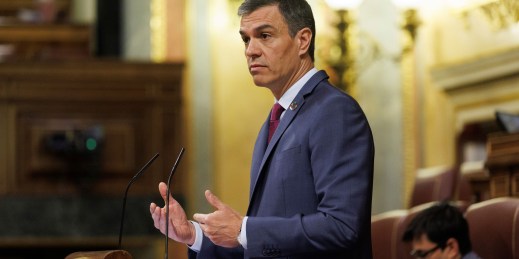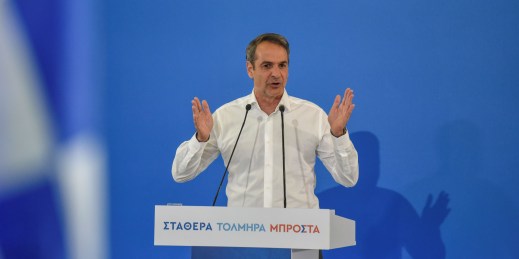
Spain’s landmark law on sexual crime made explicit consent—or the lack thereof—the benchmark for determining guilt in rape cases. But the law had an unintended consequence: Hundreds of convicted sex offenders’ sentences were reduced on appeal, leading to public outrage and infighting within the leftist governing coalition.


